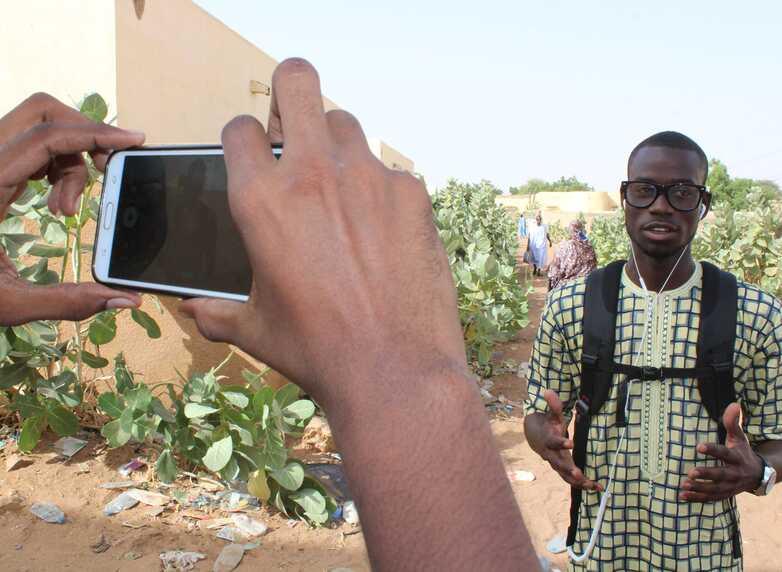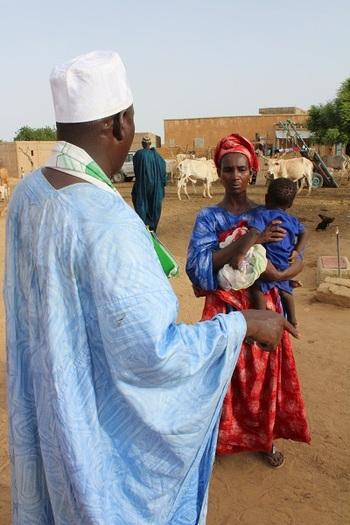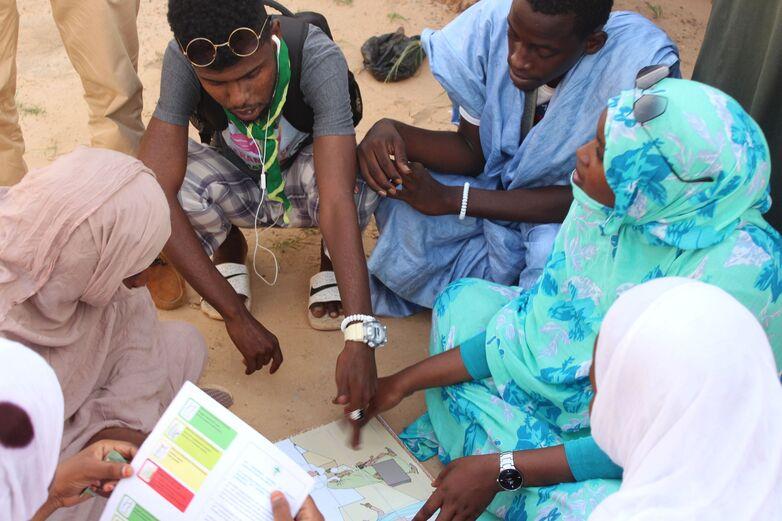Approach
The project comprises four complementary fields of activity.
Working with its partner organisations, the project educates the Mauritanian population, especially women and young people in rural areas, about their human rights. The aim is to use information and education initiatives to increase the population's resolve to demand respect, protection and the realisation of their rights. To this end, the project advises state and non-state actors on developing and implementing culturally sensitive awareness-raising measures.
For example, the project provides specialist and organisational consultancy to equip the National Human Rights Commission to carry out its mandate more effectively. Dialogue forums are also being organised to bring together civil society actors, religious leaders and policymakers. The aim is to develop joint strategies in response to current challenges to human rights.
The project strengthens the role of the media and promotes public debate on human rights. Journalists receive training to improve their skills, support their work and reinforce their commitment to report on human rights issues. Another focus is on working with young people, showing them how to use journalistic tools and social media to make their voices and the voices of other young people heard.
Recognised members of the community receive training as paralegals in order to improve access to legal advice in rural areas. In the event of human rights violations, they can provide information, mediate between those involved in a conflict or refer them to the appropriate authorities. Civil society organisations oversee the work of these paralegals to ensure that the advice they offer is of the right quality.
The project is part of a special initiative designed to stabilise and promote development in North Africa and the Middle East run by Germany’s Federal Ministry for Economic Cooperation and Development (BMZ). Through the projects that make up this special initiative, BMZ is helping to open up economic and social prospects for people in the region. Within this context, an additional sum of just under EUR 600 million has been earmarked for projects carried out by GIZ and other implementing organisations in the period from 2014 to 2024. The thematic focus is on youth and employment promotion, economic stabilisation, democracy and stabilising neighbouring countries in crisis situations.


